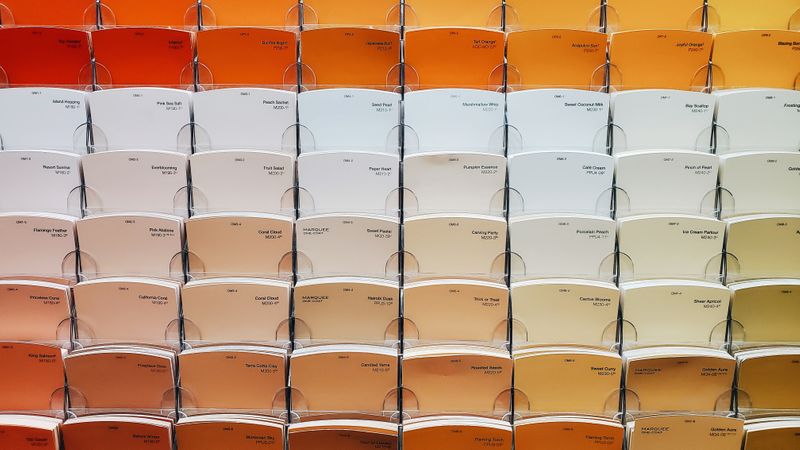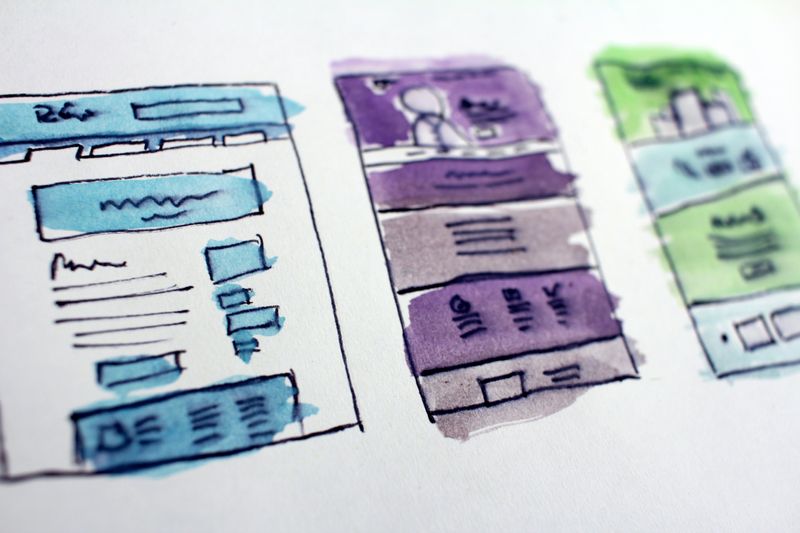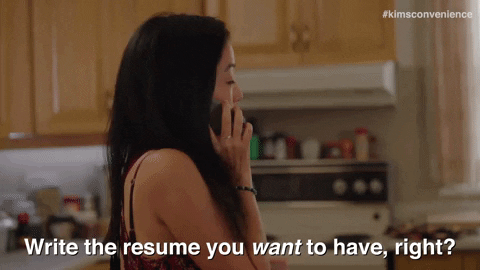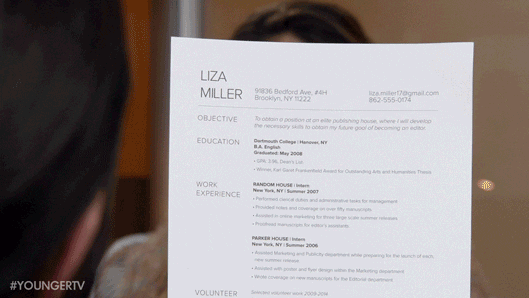Struggling to find the right resume style and format to express your skills, experience and qualifications?
Using a good resume template may be an excellent way for you to save some time and make a strong first impression.
But how to choose when there are thousands of resume templates out there?
 Photo by Clay Banks on Unsplash
Photo by Clay Banks on UnsplashStep 1: Choose Your Resume Format
Decide which resume format best meets your needs.
Chronological resumes
Highlight your work experience in reverse chronological order — most recent job at the top, earliest job at the bottom
The most standard format
Best if you have a consistent employment record with minimal employment gaps and several years of work history in the same field
Functional resumes
Group your experience under skill categories instead of job titles
Under each skill category, use bullet points to highlight examples of your skills
Consider it if you're re-entering the workforce after a lengthy pause, are a recent graduate with limited experience, or making a career change
Combination resumes
A hybrid of the chronological and functional formats
Include an experience section featuring your work history and a functional skills section to highlight your skills
Step 2: Choose Your Resume Layout
Layout is the structure and visual appeal of your resume.
Choose a traditional layout for conservative industries like banking or insurance:
Use fonts like Times New Roman or Courier
Keep it in black and white (no color)
Have a single column that starts with your name and contact details in the header at the top, then list your experience, education, certifications, etc. below
A good choice if you have a solid work history
 Photo by Hunters Race on Unsplash
Photo by Hunters Race on UnsplashCreative resume templates are for times when you need to think outside the box. Creative resumes are a great way to stand out from other applicants in creative fields like design or the arts.
To show off your design skills:
Use color
Include visuals like charts, borders, different fonts, and photos
 Photo by Hal Gatewood on Unsplash
Photo by Hal Gatewood on UnsplashChoose a modern or contemporary layout where you combine aspects of both the traditional and creative layouts.
If you're targeting fields like tech, marketing, design and media, or even startups, modern resume layouts can promote you as youthful and on-trend.
Suitable for most professional jobs
Often feature two columns that separate written work history and visual information
Make use of colors and hard lines to visually separate columns or subheadings
Feature strong fonts
Quiz
Ahmed has been working as a financial advisor for 5 years since graduation. Having recently completed a certificate in digital design, he decided to apply for a digital marketing position at the bank he works for. Which resume works best for him?
Take Action

Your feedback matters to us.
This Byte helped me better understand the topic.

